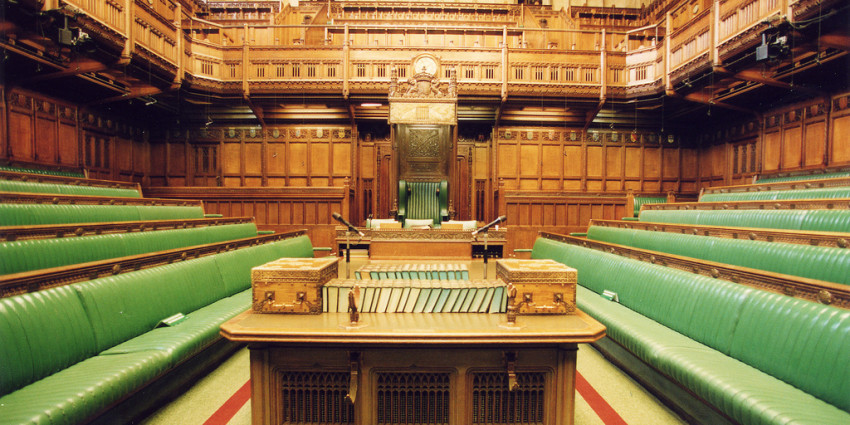Becoming the third party in the House of Commons gave the Scottish National Party advantages, but still left it sometimes struggling to make its voice heard. Louise Thompson offers more detail.
Ever since their arrival in the House of Commons in the mid-twentieth century, the Scottish National Party (SNP) worked hard to amplify the voice of Scotland in the House of Commons chamber. We’d expect nothing less from a party which proclaims its desire to build ‘a better Scotland’.
The SNP’s performance in the 2015 General Election, where they won almost every single Scottish seat, provided them with a new platform to champion Scottish issues. For the first time ever, a nationalist party had become the third largest party in the House of Commons, pushing the Liberal Democrats into fourth place.
The SNP’s newfound size entitled them to some additional privileges in Parliament, including guaranteed frontbench speeches, a regular slot at PMQs, three opposition day debates and the chairmanship of two parliamentary select committees. Having previously had only a handful of MPs, it seemed as though the party would be able to make a much bigger impact in the Commons.
Fast-forward three years and we find that the SNP are still finding the Commons to be a challenging and hostile environment. Recent months have seen a mass walk-out during PMQs; its leader Ian Blackford removed from the Commons and accusations that the party were deliberately forcing votes during England’s World Cup Match with Colombia. Although The Guardian referred to some of their recent actions as ‘guerrilla tactics’, my own analysis of the SNP’s experiences in the Commons suggests that this kind of parliamentary behaviour is in need of reinterpretation.
Third parties have tended to be overlooked in academic studies, with the all-consuming battle between Government and Official Opposition usually taking centre stage in analysis of the work of the Commons. Despite having extra ‘privileges’ third parties still struggle to make their voice heard in the chamber.
A good example of this is the order in which parties (or MPs) are called to speak. With the two larger parties still dominating in terms of Commons seats, debate tends to move between Conservative and Labour MPs and the SNP often finds itself left to the latter stages of debates.
This has consequences for the third party. It means that its MPs must sit on the green benches waiting to be called for a longer amount of time and it may mean that they have less time to speak as time limits will often be introduced towards the end of a debate. Crucially though, it also means that the party finds it harder to set the agenda or have an impact on the tone or content of debates.
But this (and other procedures which constrain third parties) has forced the SNP to be creative in the ways in which it makes an impact in the Commons. Take, for example, the debate on the EU (Notification of Withdrawal) Bill. When only one SNP MP was able to make a full speech during the first day of committee scrutiny and a second was cut off by the Deputy Speaker, the party used a series of interventions the following day to ensure that as many of its MPs as possible could speak.
The struggle to be heard in the chamber is just one of the many challenges facing third parties (and indeed, other small parties) in the House of Commons. Given the number of parties achieving representation in the House of Commons in contemporary General Elections, it seems a good time to look beyond the main opposition party and to better understand how opposition politics works. My article – recently published in Politics – sheds some initial light on this and suggests that we should re-evaluate what may on the surface appear to be unparliamentary behaviour from third parties.

